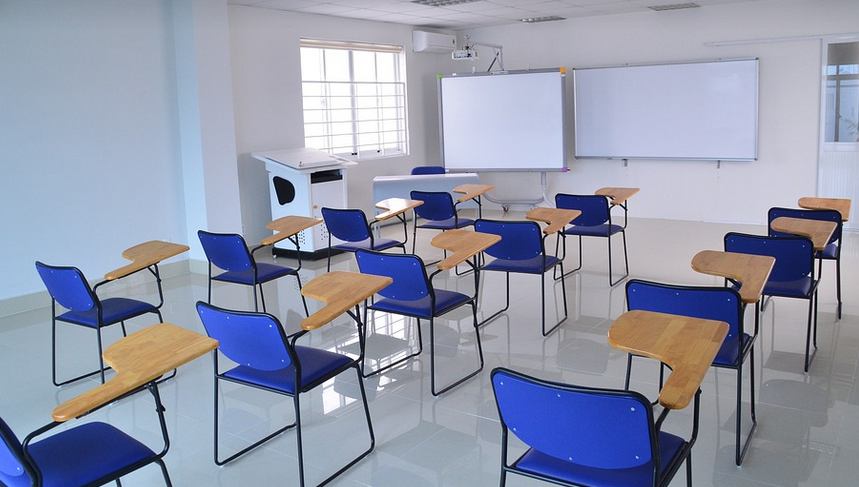
A Comprehensive Guide for Aspiring Educators
Texas is a state with a rich cultural landscape, and its commitment to education reflects that diversity. For those aspiring to teach in the Lone Star State, understanding the nuances of bilingual education certification can be crucial. Navigating this path requires research, dedication and a genuine passion for empowering students from diverse backgrounds.
Texas recognizes the value of language proficiency and offers robust support for Bilingual Education programs. This guide will provide a detailed overview of how to obtain your certification in this rewarding field.
The journey into the world of bilingual education begins with understanding what it entails. It goes beyond mere translation; true bilingual educators help students bridge communication gaps while fostering their cultural identity. They believe that learning happens through multiple lenses, and they empower students to excel in both English and their native language.
**Understanding the Structure of the Certification Process**
The Texas Education Agency (TEA) plays a pivotal role in ensuring quality bilingual education programs across the state. To become certified as a bilingual teacher, you’ll need to meet specific requirements outlined by the TEA. Here’s a step-by-step breakdown of the process:
**1. Degree Prerequisites:** First and foremost, you must hold a bachelor’s degree from an accredited institution in any field. However, many bilingual programs require a Bachelor of Arts or Bachelor of Science in Education! While not all states offer this specific track, it is common for English Language Arts and Bilingual Education Programs.
**2. Complete Your Master’s Degree:** To become a certified bilingual teacher, you’ll need to earn an appropriate master’s degree in Bilingual Education or a related field, such as Teaching of the English Language Learners (ELL). This degree will provide essential knowledge and practical skills needed to effectively work with diverse learners.
**3. Pass Required Examinations:** The TEA requires all bilingual teachers to pass standardized examinations specific to teaching language learners. These exams assess your ability to create culturally relevant lesson plans, implement differentiated instruction strategies, and engage students in meaningful ways.
**4. Gain Teaching Experience:** As with any teaching certification, practical experience is vital. Texas typically mandates a minimum of one year of supervised classroom teaching in bilingual education before you’re eligible for full certification. This hands-on experience helps you develop the necessary skills and adapt your strategies to diverse learning environments.
**5. Apply for Certification:** Once you fulfill all the requirements, it’s time to apply for certification with the TEA. The application process includes submitting transcripts, exam scores, letters of recommendation, and a completed application form.
**6. Maintain Your Certification:** The journey doesn’t end there, though! It’s essential to stay updated with the latest developments in the field and continue your professional growth journey. The TEA requires all certified bilingual teachers to complete continuing education units (CEUs) to maintain their current certification; this ensures they are equipped with the skills and knowledge necessary to effectively serve students from diverse linguistic backgrounds.
**Resources and Support for Aspiring Bilingual Educators**
Texas offers a wide array of resources designed to support aspiring bilingual teachers! These include:
- * The TEA Website: A comprehensive hub for all things related to teacher certification, including detailed information on the requirements and processes involved. * Texas Alliance of Bilingual Education (TALE): This organization provides professional development opportunities, advocacy for bilingual education programs, and resources for teachers and administrators who work with English Language Learners.
**Embracing Diversity in the Classroom**
The beauty of bilingual education lies in its power to foster understanding and appreciation for diverse cultures. It’s about creating a space where students feel seen, heard, and valued for their unique identities. As bilingual educators, you have the opportunity to empower your students to embrace their heritage and explore different perspectives.
**The Impact of Bilingual Education**
Bilingual education programs have a profound impact on students’ lives, equipping them with essential skills for success both in school and beyond. These benefits extend beyond the classroom:
- * Increased Academic Achievement: Research shows that students who are bilingual typically perform better academically, especially in reading and mathematics. * Enhanced Cognitive Development: Bilingualism enhances cognitive flexibility, problem-solving skills, and critical thinking abilities. * Greater Cultural Awareness: Bilingual education fosters cultural sensitivity and understanding, helping students from diverse backgrounds connect with one another. * Improved Communication Skills: This includes both verbal and written communication, expanding opportunities for students to interact confidently in various settings. * Increased Career Opportunities: As bilingualism becomes increasingly valuable in the global workplace, having this skill can open doors to a wide range of career paths.
**Beyond the Classroom**
Bilingual educators play a crucial role in building bridges between different communities. They are often involved in community outreach programs that promote language learning and cultural exchange. They become advocates for multilingualism, working to dismantle linguistic barriers and ensure equal access to education.





